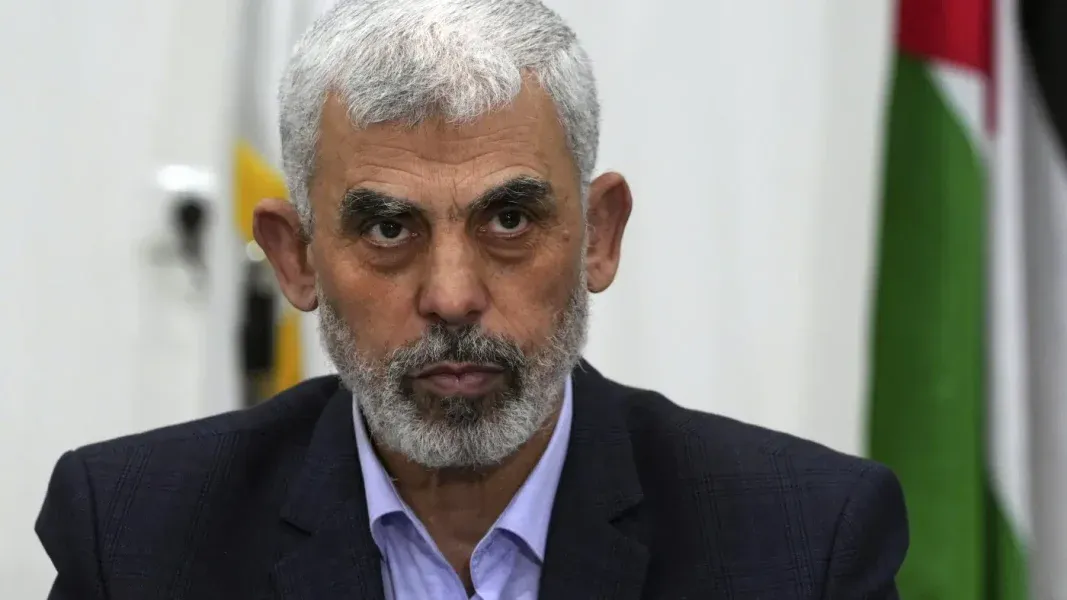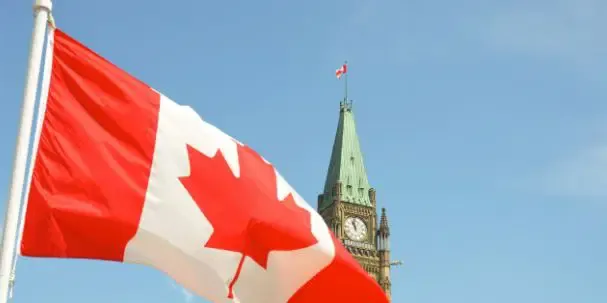Public holidays, serving as markers of cultural, religious, and historical significance, are a cherished aspect of many nations worldwide. These designated days, sanctioned by law for non-working purposes, offer communities opportunities for commemoration and reflection. However, a recent analysis reveals intriguing disparities in the distribution of public holidays across the globe.
Contrary to popular belief, African nations do not dominate the top ranks in terms of the sheer number of public holidays. According to data compiled by World Atlas, while Morocco secures the 11th position with a respectable count, no African country cracks the top 10. Topping the list is Cambodia, with a staggering 28 public holidays annually, underscoring the country’s rich tapestry of cultural and historical traditions.
Following closely behind, Sri Lanka claims the second position with 25 public holidays, a testament to its diverse religious landscape and profound historical legacy. Notably, both India and Kazakhstan share the third spot, each observing 21 public holidays, reflecting the cultural vibrancy and national pride inherent in their celebrations.
In Latin America and the Caribbean, Colombia, the Philippines, and Trinidad and Tobago stand shoulder to shoulder, boasting 18 public holidays each. These nations, characterized by their vibrant festivities and fervent cultural expressions, prioritize the commemoration of pivotal events and religious observances.
Moving to East Asia, China and Hong Kong mark 17 public holidays annually, underscoring the region’s blend of ancient traditions and modern practices. Meanwhile, in Nigeria, a total of 11 public holidays punctuate the calendar, encompassing both religious and secular occasions, such as New Year’s Day, Independence Day, Christmas, and Eid al-Fitr.
The global landscape of public holidays encapsulates a rich mosaic of traditions, beliefs, and historical narratives. While some nations revel in an abundance of days dedicated to celebration and reflection, others maintain a more moderate approach. Regardless of the tally, these holidays serve as integral elements of national identity, fostering unity, and preserving cultural heritage.
As the world continues to evolve, the significance of public holidays remains steadfast, anchoring communities amidst the currents of change and providing moments of collective reverence and joy.





